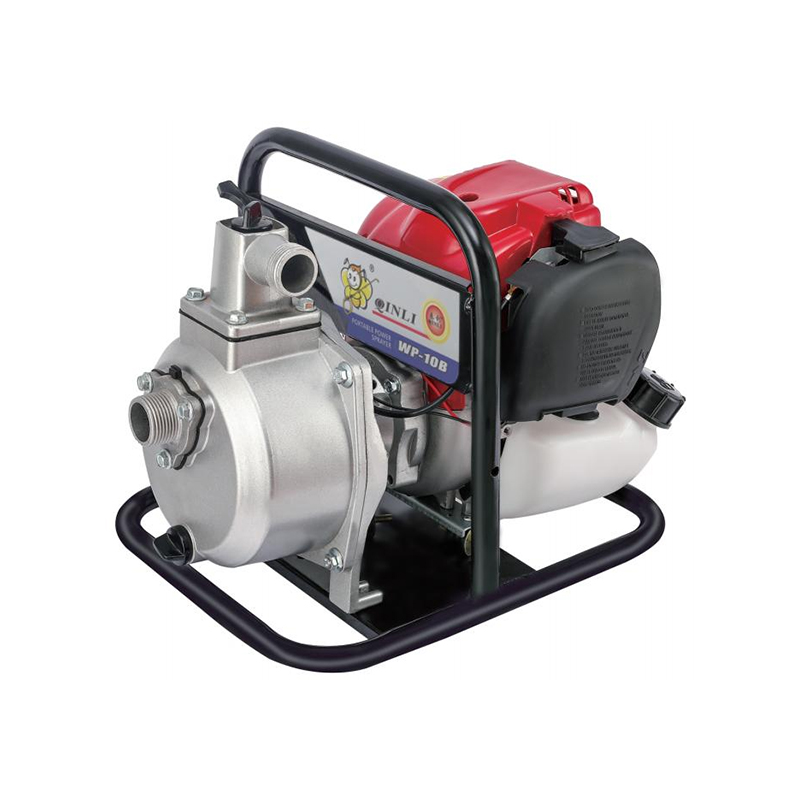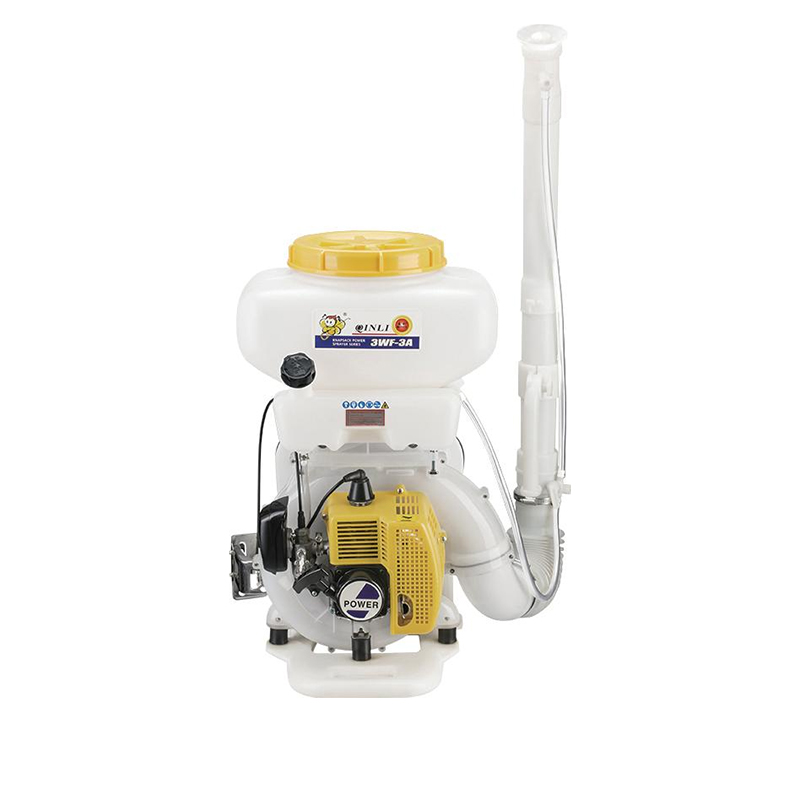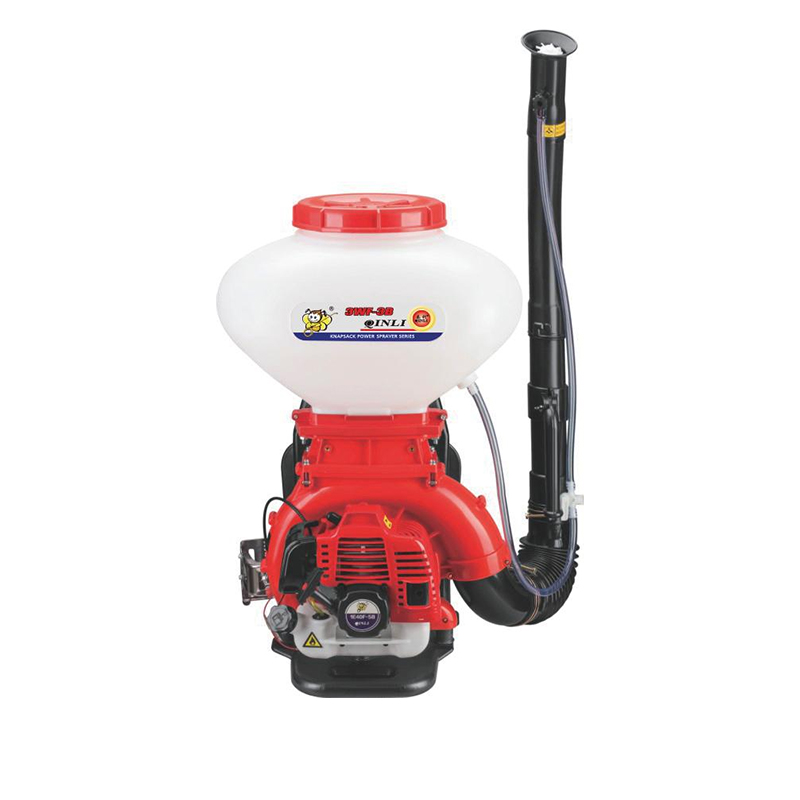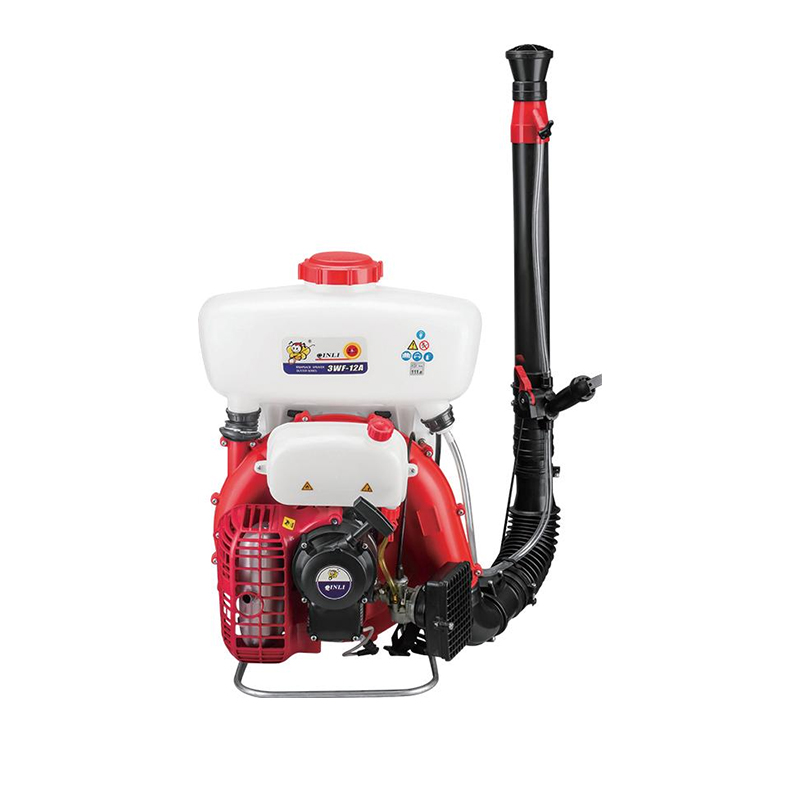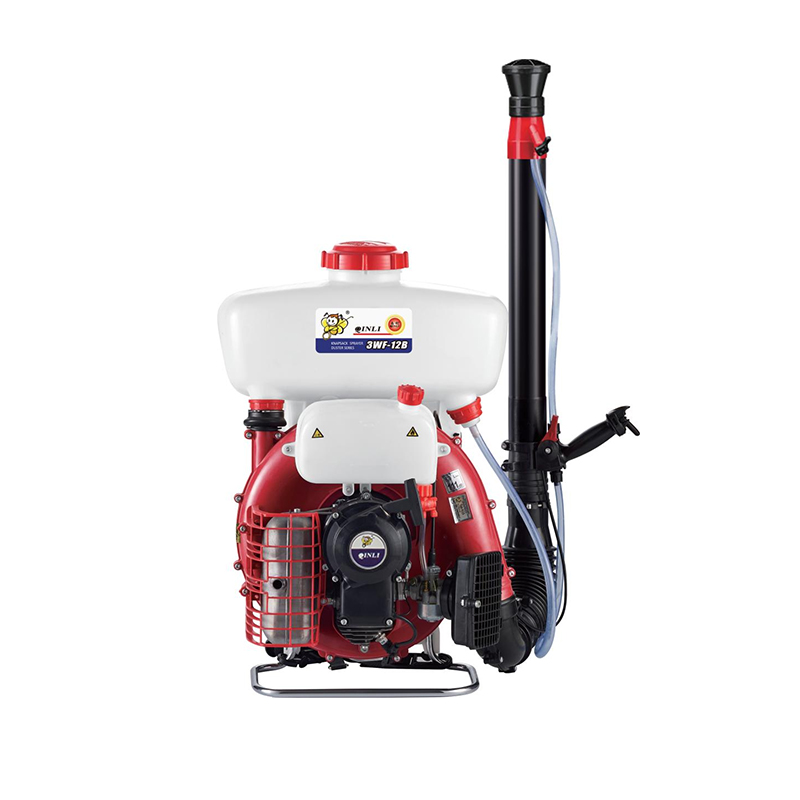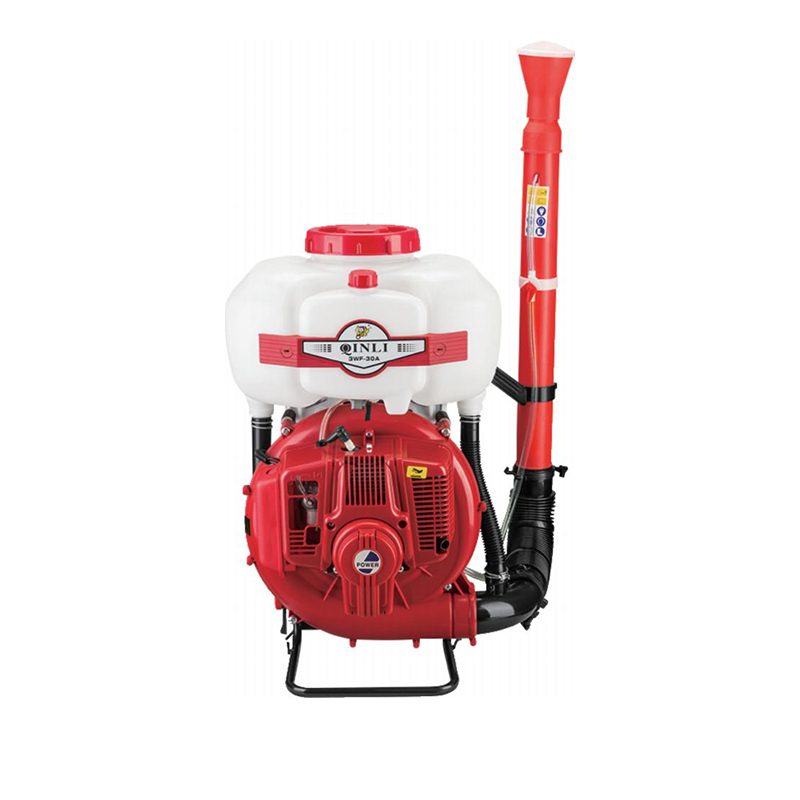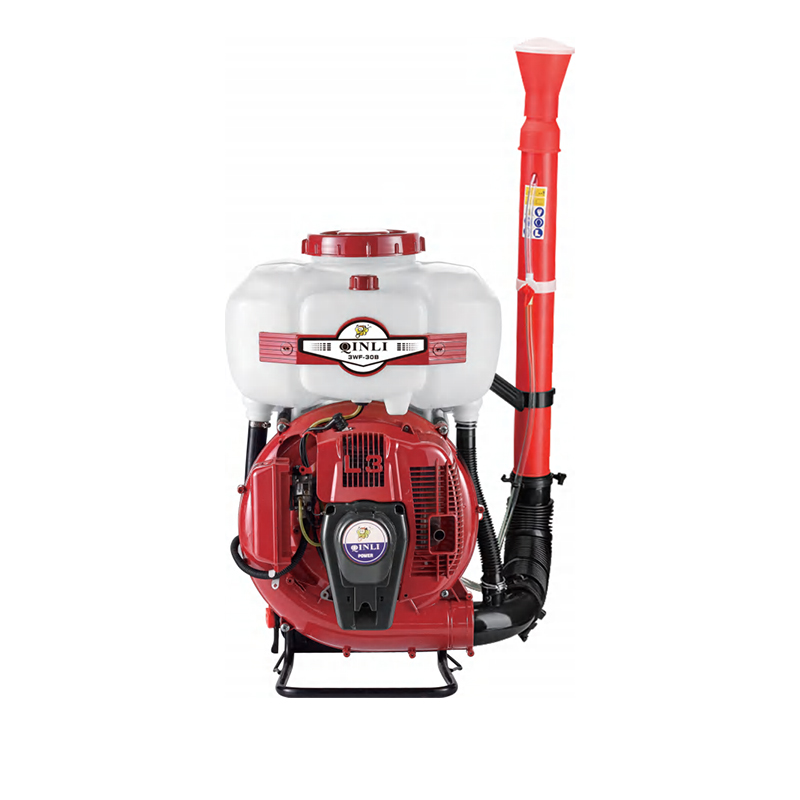Product Search
Agriculture Water Pump for Multifunction Irrigation Systems
Water management is a crucial aspect of modern agriculture. Efficient irrigation ensures that crops receive adequate water while small waste. One tool that has become increasingly important for farmers is the multifunction irrigation water pump. This equipment supports various irrigation methods, helping to improve crop yield and conserve water resources.
A multifunction irrigation water pump is designed to handle different types of water sources, including rivers, lakes, ponds, and wells. Its versatility allows it to meet the irrigation needs of diverse crops, from grains and vegetables to fruits and flowers. By transferring water efficiently, these pumps reduce the effort required for manual watering and help maintain consistent soil moisture levels. Consistent moisture is essential for healthy plant growth, particularly during periods of low rainfall or in regions with dry climates.
One of the key features of a multifunction irrigation water pump is its ability to support multiple irrigation techniques. It can be used for drip irrigation, sprinkler systems, and flood irrigation, making it suitable for both small-scale and large-scale farming operations. Drip irrigation, for instance, delivers water directly to the roots, reducing evaporation and ensuring that plants receive a precise amount of water. Sprinkler systems, on the other hand, are ideal for covering larger areas and promoting uniform water distribution. The pump’s adaptability to these methods provides farmers with flexibility in managing their irrigation strategies.
Durability and reliability are important characteristics of agricultural pumps. These pumps are typically built with robust materials that withstand exposure to water and varying weather conditions. Regular maintenance, such as cleaning filters and checking for wear, can extend the pump’s lifespan and maintain its performance. Additionally, energy efficiency is an important consideration. Many multifunction irrigation pumps are designed to operate with small energy consumption while maintaining effective water flow. This balance helps farmers reduce operational costs and support sustainable farming practices.
Another advantage of using a multifunction irrigation water pump is its potential to improve overall farm productivity. With a reliable water supply, crops grow more uniformly and are less susceptible to stress caused by water shortages. The pump also allows for better control over irrigation schedules, enabling farmers to respond to changing weather conditions or crop requirements. In addition, the use of an irrigation pump can reduce labor demands, as it smalls the need for manual watering and allows farmers to focus on other essential tasks.
Safety and ease of use are also considered in the design of multifunction irrigation pumps. Many models are equipped with simple control systems and clear instructions, making them accessible to users with varying levels of technical experience. Proper installation and safe operation guidelines ensure that the pump functions effectively without posing risks to operators or the surrounding environment.
In summary, a multifunction irrigation water pump is a practical and versatile tool for modern agriculture. It supports various irrigation methods, conserves water, improves crop growth, and reduces labor demands. These pumps play an important role in promoting sustainable and productive agriculture, helping farmers meet their goals while maintaining environmental responsibility.
Recommended Products
- CONTACT DETAILS
-
- +86-13857697898
- +86-576-88121879
- export@qinlisprayer.com
- 18 Yanhai, sanjia Street, Jiao Jiang Dis, Taizhou city, Zhejiang, China
 Download Sample
Download Sample
- PRODUCT CENTER
- SEND A MESSAGE



 English
English  中文简体
中文简体  Español
Español  عربى
عربى 
